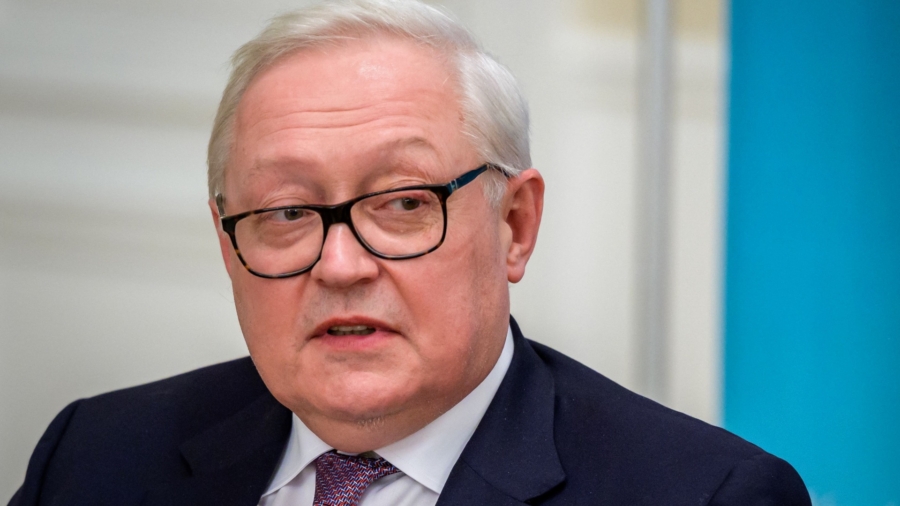A senior Russian diplomat said on Thursday that Moscow won’t rule out the possibility of deploying additional military assets in Cuba or Venezuela as a delegation of Russian negotiators labeled high-profile talks this week as “unsuccessful.”
Deputy Foreign Minister Sergei Ryabkov, who led the delegation in Monday’s talks in Geneva, said in remarks televised on Thursday that it all depends on the actions of counterparts in Washington if Moscow may consider placing military hardware near North American territory.
“I don’t want to confirm anything, but I won’t rule anything out either,” Ryabkov said in an interview with RTVI when being asked if Russia may consider sending military units to countries such as Cuba or Venezuela, Russia’s state-owned news agency TASS reported.
Ryabkov’s comments come as three rounds of talks aimed at discussing security proposals and de-escalating ongoing tensions over Ukraine and a rise in military activity near Russia’s western border concluded on Thursday in the capital of Austria.
The Jan. 10 negotiations in Geneva between U.S. and Kremlin diplomats and the first Russia-NATO Council (RNC) meeting since July 2019 held in Brussels on Jan. 12 failed to narrow the gap on President Vladimir Putin’s security proposals and Moscow’s demands to halt NATO’s eastward expansion into former Soviet states like Ukraine.

While voicing concern that NATO could potentially use Ukrainian territory for the deployment of missiles capable of reaching Moscow in just five minutes, Putin noted that Russian warships armed with the latest Zircon hypersonic cruise missile would give Russia a similar capability if deployed in neutral waters.
“The president of Russia has spoken multiple times on the subject of what the measures could be, for example involving the Russian Navy, if things are firmly set on the course of provoking Russia and further increasing the military pressure on us by the U.S.,” Ryabkov said.
“We don’t want that,” he added. “The diplomats must come to an agreement.”
There was no immediate reaction to Ryabkov’s remarks by other Kremlin officials. The senior diplomat’s statement marks the first time during the current tensions over Ukraine when a Russian official mentioned the possibility of additional military deployments to the Western hemisphere.
This week’s high-profile talks were labeled “unsuccessful” on Thursday by Kremlin spokesman Dmitry Peskov, who said Moscow views sweeping measures unveiled by U.S. Senate Democrats “extremely negatively.”

He warned of a complete rupture in U.S.-Russian relations if proposed sanctions targeting Putin and other top civilian and military leaders are adopted.
While Peskov noted that there were “some positive elements and nuances” during the talks, he described them as “unsuccessful” because of stark disagreements on Russia’s key demands.
Moscow has laid out several draft demands in December, saying they’re seeking no further NATO expansion, no missiles on Russia’s borders, and for NATO to no longer have military exercises, intelligence operations, or infrastructure outside of its 1997 borders.
Washington has said some of the guarantees proposed by Russia are “simply nonstarters for the United States,” but it is open for negotiations and resolving concerns through diplomacy.
Peskov underscored that Russia is ready to continue the talks, but wants them to produce results.
The Associated Press contributed to this report.


